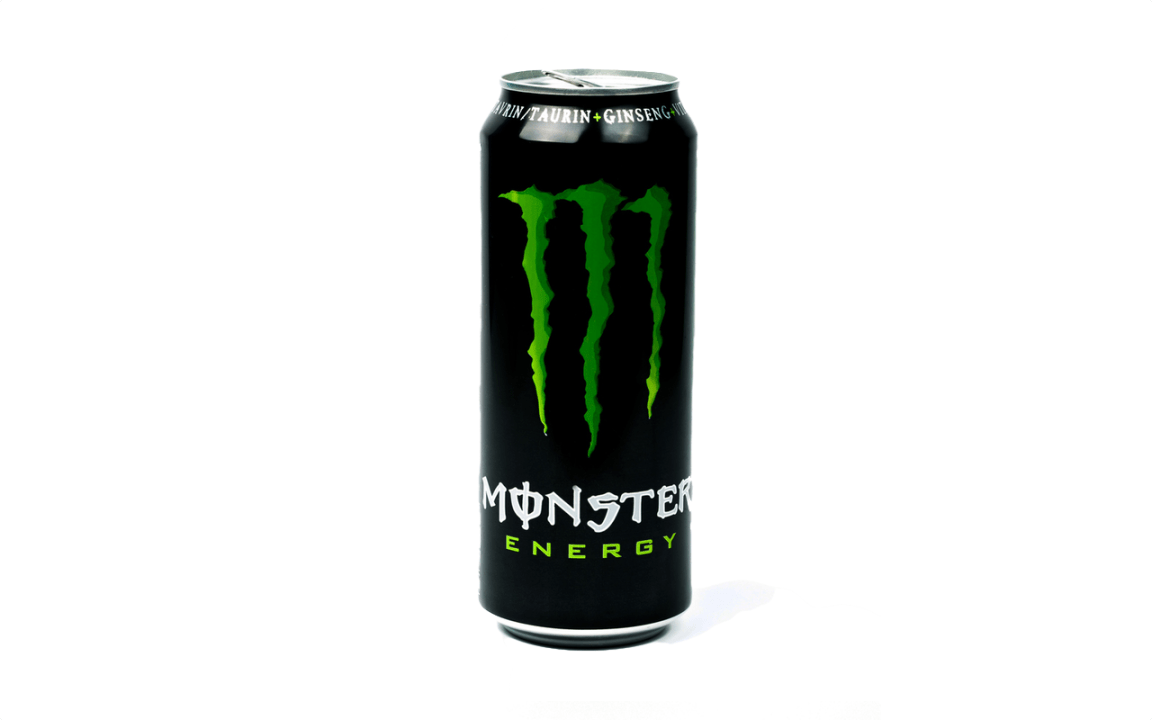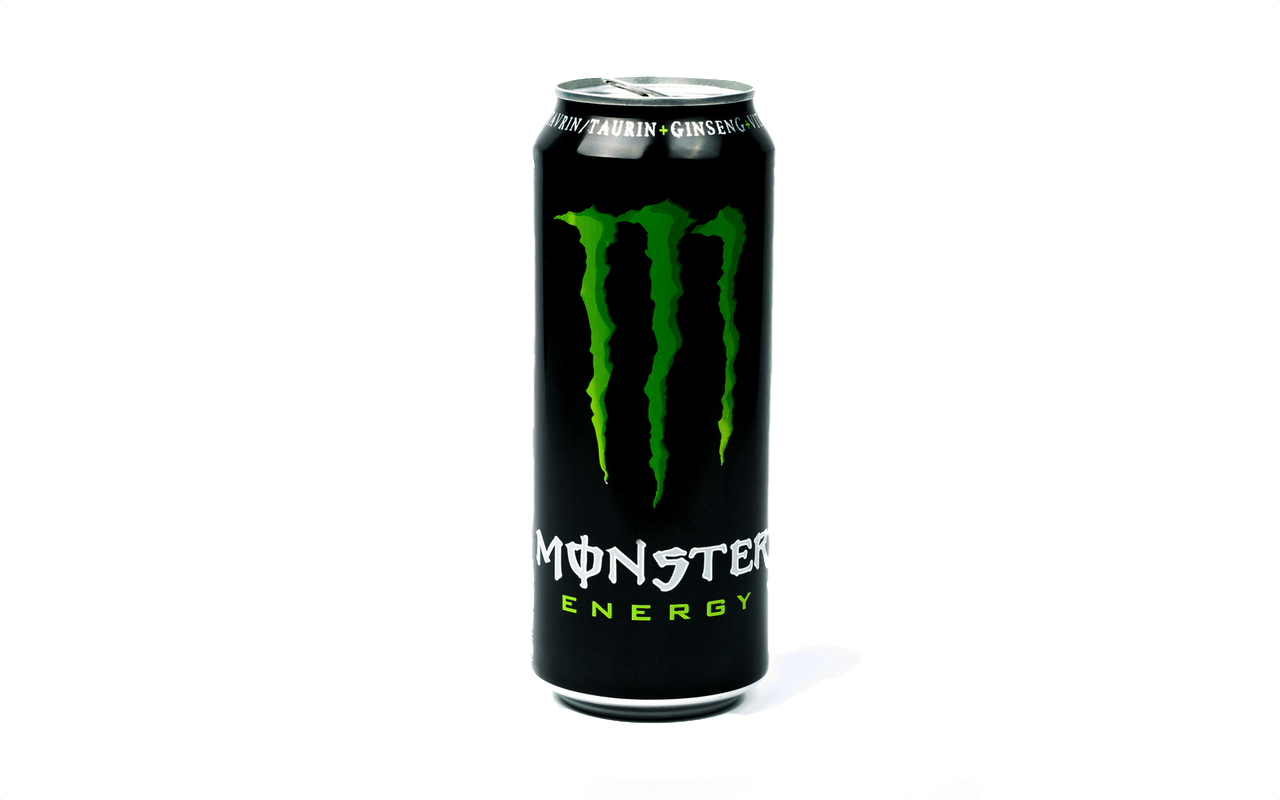With Britain so sluggish, Keir Starmer and the Labour party should want to reenergise the country. Indeed, they are preoccupied with energy, and not just the dire state of the British electrical grid but energy drinks. Labour is set to propose a ban on the sale of energy drinks to under-16s. Most British supermarkets have already introduced voluntary bans but this would make them comprehensive and legally binding.
Our governing class doubtless sees energy drinks as being rather coarse compared to coffee
There’s an irony here. Labour wants to extend the right to vote to 16-year-olds. At the age of 16, in other words, Keir Starmer thinks you are mature and informed enough to have a decent understanding of Britain’s domestic and international prospects but only just mature and informed enough to decide whether you want to have a sweet caffeinated beverage. I’m going to need a lot more caffeine before I can wrap my brain around that one.
Should young people consume a lot of energy drinks? Well, no. Fizzy drinks with three coffees worth of caffeine, as well as a big old whack of sugar or artificial sweetener, probably isn’t bad for you if you drink it every now and then. But it’s likely to be bad for you if you do it again and again.
It’s also unwise for young people to consume a lot of coffee, or cola, or chips, or crisps, or pizza. Should we ban them too? Where does the banning end? That argument could have been made about cigarettes and alcohol, I suppose, but caffeinated drinks probably won’t give you cancer and certainly don’t make you inebriated. Perhaps I’m being a bit of a hypocrite in saying all this because I have an energy drink every day.
Yes, it would take an contrarian to argue that energy drinks are likelier to be advantageous than detrimental for your health. That said, the call to ban them smacks of an attempt to find a scapegoat for youthful dysfunction. A recent meta-analysis linked them with worse sleep and concentration – which makes sense, of course – but also claimed that they were ‘associated’ with everything from unsafe sex to suicide.
What is more plausible here? That energy drinks made people likelier to have unprotected sex and want to kill themselves or that young people who have unprotected sex and want to kill themselves are likelier to drink energy drinks? Correlation – as I’m sure the authors know but their readers might forget – is not causation.
When Britain’s most tedious man, Jamie Oliver, calls Labour’s idea ‘really exciting’ it depresses me. It may excite him but it won’t excite young people. It is good to care about their health, of course, but we can’t ban them into being happy. They need inspiration, not just prohibition, if they are going to make the most of life.
Perhaps I’m just feeling sensitive. Our governing class doubtless sees energy drinks as being rather coarse compared to coffee (as they look down on vapes, too). But this would have more weight if so many coffee drinkers were not ordering pumpkin spiced glooperinos with five pumps of syrup and a mountain of cream. A Red Bull isn’t that much of a shock to the system.
Is banning energy drinks for young people some sort of insane and despotic act in and of itself? No. But it’s part of a general drift towards prohibition. We build less, and invent less, and create less, and the government occupies itself with finding new things to forbid. That’s partly why I love my morning Monster – even if I know I should cut back for the sake of my circulation. It jolts me into activity, into actually doing something.








Comments